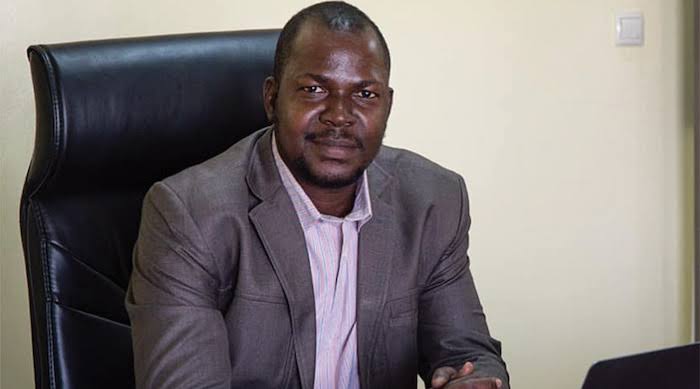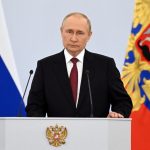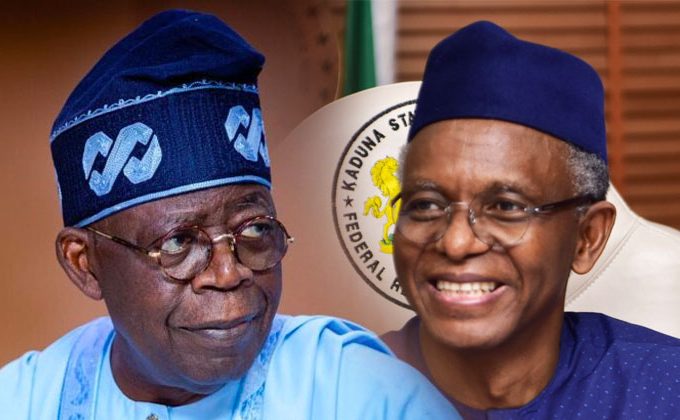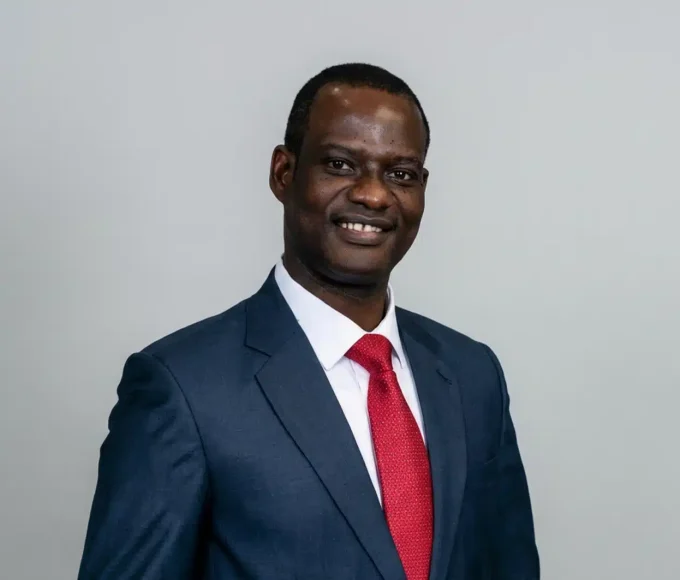
Malian Economist Sentenced for Criticizing Military Junta; Faces Jail and Fine

Prominent Malian economist and professor Étienne Fakaba Sissoko has been sentenced to two years in prison, with one year suspended, following his criticism of the military junta. He has also been fined 3 million CFA francs ($4,900; £3,900).
Sissoko, aged 41, has been detained since March on charges of defamation and damaging the state’s reputation through the distribution of fake news. These charges stem from his book published last year, which he defended in court as fact-based. Human rights organisations view his case as part of a broader crackdown on critics and political opponents by the military rulers who seized power in August 2020, ousting then-President Ibrahim Boubacar Keïta amid widespread protests against his handling of jihadist unrest.
Sissoko’s lawyer, Ibrahim Marhouf Sacko, expressed no surprise at the verdict and indicated plans to appeal. Sissoko, a professor at the University of Bamako and former adviser to the late President Keïta, was previously imprisoned in 2022. His controversial book, “Propaganda, Agitation and Harassment – Government Communication during the Transition in Mali,” accuses the junta of manipulating public opinion through deceit.
Before his arrest, Sissoko called for elections in a Facebook post. The junta has faced substantial criticism for delaying agreed timelines for the transition to democratic civilian rule, with elections initially scheduled for February postponed yet again. Additionally, critics argue that the military-led government has not effectively addressed the worsening jihadist insurgency despite the presence of Wagner group mercenaries and the expulsion of UN peacekeepers. The junta has also been criticised for its economic management.
Earlier this month, participants in a national dialogue proposed extending the transition period by another three years. Several critics of the junta, including social media influencer Rokia Doumbia and activist Adama Ben Diarra, have been jailed over the past year. In April, the junta suspended political activities and imposed a media blackout on political coverage.
About The Author
Related Articles
Tinubu Deducts N100bn Monthly From Federation Account Without Approval El-Rufai Alleges Says Action Deserves Impeachment
Former Kaduna State Governor Nasir El-Rufai has launched a blistering attack on...
ByWest Africa WeeklyJanuary 26, 2026After Taiwo Oyedele’s Denials, Lagos State Activates ‘Power of Substitution’ Under Tinubu-Altered Tax Law, Allowing Authorities to Redirect Payments Without Court Orders
Lagos State has moved to activate a controversial enforcement provision in the...
ByWest Africa WeeklyJanuary 26, 2026Ghana Moves to Reclaim Kwame Nkrumah’s Former Residence in Guinea
Ghana has embarked on a diplomatic and cultural initiative to reclaim the...
ByWest Africa WeeklyJanuary 23, 2026Ghana Shares Gold Mining Model With Tanzania
Ghana has taken a leading role in shaping Africa’s future approach to...
ByWest Africa WeeklyJanuary 23, 2026











